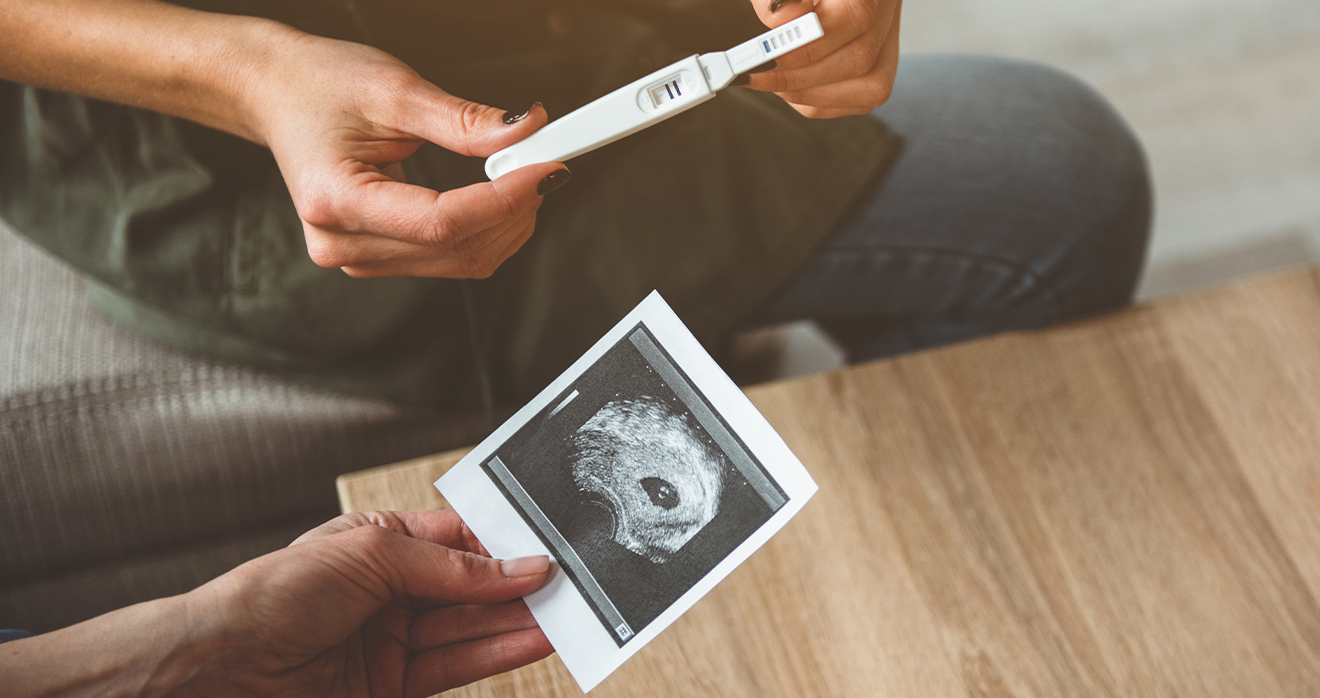Sperm donors and surrogacy – what are the rights of a sperm donor during a surrogacy?

What rights does a sperm donor have during surrogacy?
In surrogacy, the safest option to minimise the risk of something going wrong, is to use a sperm donor from a licensed UK fertility clinic (i.e. authorised by the Human Fertilisation and Embryology Authority “HFEA”).
You can also find your own donor to use at a licensed clinic. This then ensures that the donor will be given health checks and the correct information as well as counselling to ensure that they are making the right decision. If you have treatment at a licensed fertility clinic, your sperm donor will have no rights or responsibilities to any children born using their sperm. It may be more complicated if you do not receive treatment with a licensed clinic or if the donation is made between the donor and the recipient directly. The sperm donor could then be seen as a parent by law which complicates matters, especially if the donor later decides that he wants to be part of the child’s life.
In the UK, the surrogate (i.e. the woman carrying the child) is the child’s legal parent at birth, even if a donor egg is used. If they are married or in a civil partnership, then their spouse/civil partner is considered the child’s second parent. Therefore, if the sperm donor intends to be the “intended parent”, then legal parenthood can be transferred by a Parental Order after the child is born. A Parental Order is crucial as it grants full parental rights to the intended parents meaning that when the Parental Order is in place, the surrogate and her spouse, lose all legal rights to the child.
Can a sperm donor change their mind about their rights after donation provided?
By law, a donor must provide written consent for their sperm to be used in treatment. A sperm donor can change their mind about donating their sperm at any time, up to the point their sperm is used in treatment such as for insemination, IVF treatment or to create embryos.
Therefore, careful consideration needs to be given by a donor as to whether they are content with their decision to donate, not just now, but also in the future. On 1st April 2005, a law came into effect regarding sperm donation. It provides that when a child born through donor conception reaches 18, they are legally allowed to find out the identity of the sperm donor. Therefore, a donor needs to ensure that they are comfortable with a conceived child possibly finding out their identity once they reach adulthood. This is an especially important consideration if the sperm donor plans to have a family of his own in the future, as this decision could have an impact on sibling relationships.
The parents of the child(ren) can also access non-identifying information that the sperm donor provides on his registration form at any time. When the child reaches the age of 16, they can apply to the HFEA to get access directly to the non-identifying information of their donor.
Does a sperm donor have different rights if they are or are not the intended parent?
A sperm donor has no legal obligations towards any child conceived through their donation (if the donor is obtained/goes through a licensed fertility clinic). A sperm donor is not named on the birth certificate and has no rights over how the child is brought up. In law, this is called parental responsibility. The sperm donor would not have parental responsibility for the child. Therefore, a sperm donor cannot be asked to contribute in anyway, including financially, towards the child.
However, a responsibility the sperm donor does have is to be open and honest about their medical history as well as their family members. If later found that the sperm donor withheld medical history, they could be sued by the conceived child or their family.
In surrogacy, when a women enters into an agreement to carry a child through pregnancy, the intention in most cases is that after the birth, the child, and the surrogate’s rights as a parent to that child, are transferred to the intended parent(s). In surrogacy, the intended parents must obtain a Parental Order to transfer legal parenthood and parental responsibility from the surrogate (and potentially her spouse) to the intended parent(s), A sperm donor can therefore be considered the Intended Parent if formalised into a donor agreement which outlines the intentions of the parties after the child is born. The agreement would not be legally binding but clarifies expectations. A parental order would still need to be applied for after the birth of the child to ensure that the sperm donor is considered the parent of the child by law
Does a sperm donor have rights to access a child?
A donor can be informed how many child(ren) have been born as a result of their donation, as well as the sex of the child(ren) and the year in which they were born. The sperm donor cannot receive any identifiable information unless the child tries to contact the sperm donor once they reach 18. A donor has no rights to access a child other than the above information.
An Intended Parent donor is of course different as they intend to be the legal parent of the child. Once a parental order is granted, they will be recognised as the father and have rights to see their child (unless there are significant concerns about the child’s welfare, such as risk of harm, while in the father’s care).
What is a declaration of parentage for a sperm donor?
A Declaration of Parentage is a legal document obtained to determine who the legal parent of a child is. Donors who donate through licenced clinics are not considered the legal parent of the child, however donors who donate through private arrangements may be considered the legal parents, especially if their name is on the birth certificate. Therefore, if donation was made privately and not through a licenced fertility clinic, the sperm donor could apply to the court for a declaration of parentage to be named as the child’s father. That is why it is so important that sperm donation, even if the donor is known to you, goes through a licensed fertility clinic.
Can a sperm donor request a termination?
As explained above, sperm donor can change their mind and withdraw their consent at any point up to where their sperm is used in treatment. Therefore, a sperm donor cannot request a termination because once the sperm is used in treatment, the donor has no legal rights or responsibilities towards any child born as a result.











